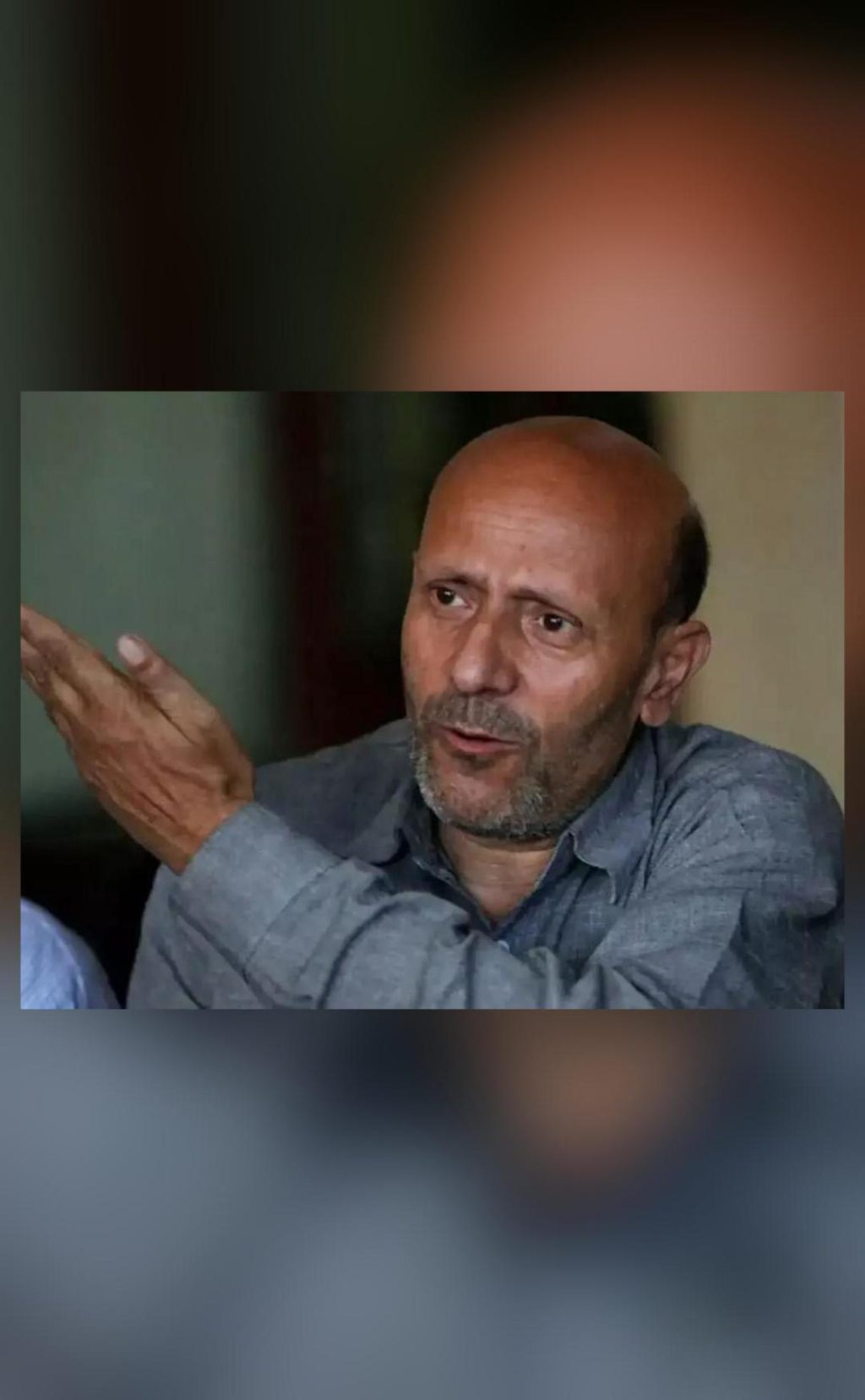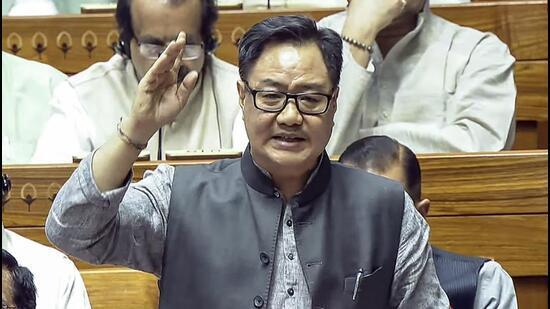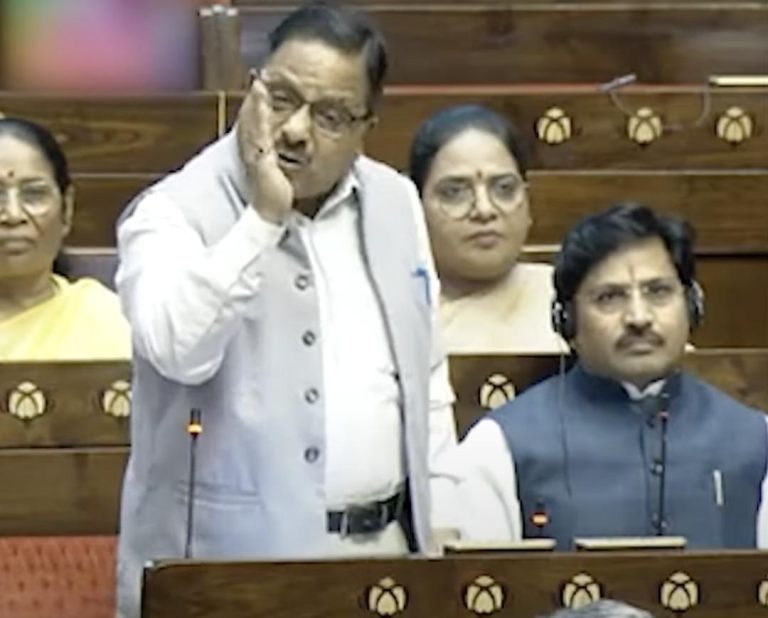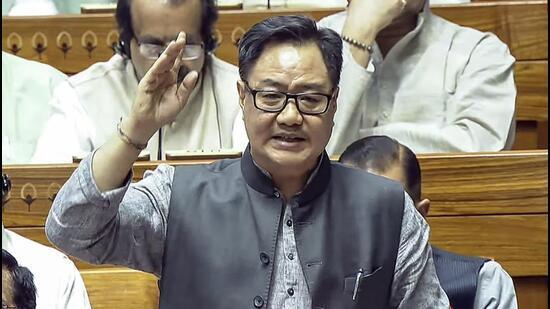
Jailed J&K MP Engineer Rashid gets parole to attend Parliament
In a significant development, the Delhi High Court has granted two-day custody parole to jailed Baramulla MP Engineer Rashid to attend the ongoing budget session of Parliament. The court, however, imposed several conditions on the National Conference MP, including a ban on using phones, the internet, and speaking to media or anyone else.
Engineer Rashid, a prominent leader from Jammu and Kashmir, has been lodged in Tihar Jail since October 2017 in connection with a terror funding case. The case was registered by the National Investigation Agency (NIA) under various sections of the Unlawful Activities (Prevention) Act (UAPA).
The Delhi High Court’s decision to grant parole to Engineer Rashid came after a petition was filed by him seeking permission to attend the budget session of Parliament. The petition was filed by Rashid’s counsel, who argued that the MP’s presence in Parliament was essential to discuss the issues related to Jammu and Kashmir.
The court, while granting parole to Rashid, directed him to be escorted by police during his stay in Delhi. The court also imposed several conditions, including a ban on using phones, the internet, and speaking to media or anyone else.
The conditions imposed by the court are likely to be a major constraint for Engineer Rashid, who is known for his vocal opposition to the Centre’s policies in Jammu and Kashmir. Rashid’s counsel had argued that the MP’s presence in Parliament was essential to ensure that the voices of the people of Jammu and Kashmir are heard.
The Delhi High Court’s decision to grant parole to Engineer Rashid has sparked a debate in the political circles. While some have welcomed the court’s decision, others have criticized it, saying that it undermines the country’s security.
Engineer Rashid’s counsel had argued that the MP’s presence in Parliament was essential to discuss the issues related to Jammu and Kashmir, including the Centre’s decision to scrap Article 370, which granted special status to the state.
The Centre had opposed Rashid’s petition, saying that his presence in Parliament could compromise the security of the country. The Centre had also argued that Rashid was facing trial in a terror funding case and his participation in the budget session could influence the witnesses.
However, the Delhi High Court rejected the Centre’s objections and granted parole to Engineer Rashid. The court observed that Rashid’s presence in Parliament was essential to discuss the issues related to Jammu and Kashmir, and that the conditions imposed by the court would ensure that he does not use his parole to influence the witnesses or compromise the security of the country.
The court’s decision is likely to have significant implications for the ongoing budget session of Parliament. Engineer Rashid’s presence in Parliament could lead to a significant debate on the issues related to Jammu and Kashmir, and could also provide an opportunity for the Centre to respond to the concerns of the people of the state.
In conclusion, the Delhi High Court’s decision to grant parole to Engineer Rashid is a significant development in the ongoing controversy surrounding the Centre’s policies in Jammu and Kashmir. The court’s decision has sparked a debate in the political circles, and is likely to have significant implications for the ongoing budget session of Parliament.




